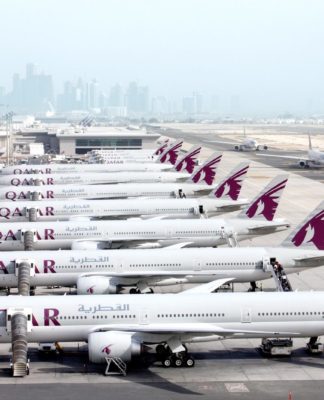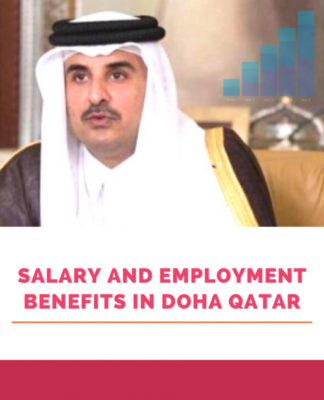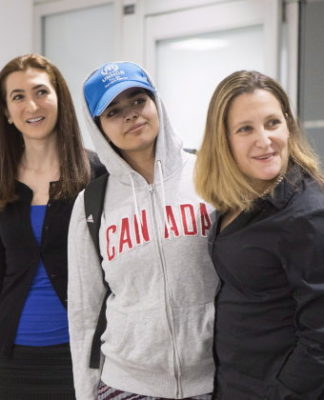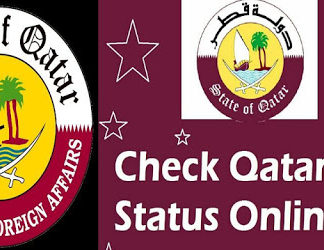POLITICSMIDDLE EAST
What is the UNRWA?
Clare Roth
18 hours ago18 hours ago
Hundreds of thousands of Palestinians are currently taking refuge in shelters run by the UNRWA. Here’s what you need to know about the UN agency for Palestinian refugees.
https://p.dw.com/p/4XX76
Gazastreifen, Gaza-Stadt | Palästinenser suchen Schutz vor Luftangriffen in einem UNRWA Gebäude
Half of the Palestinians displaced this week have found shelter in UNRWA buildingsImage: Ashraf Amra/AA/picture alliance
Almost half a million people have been displaced in the Gaza Strip over the course of this week. More than half have taken refuge in shelters run by the United Nations Relief and Works Agency for Palestine Refugees in the Near East (UNRWA), its head, Philippe Lazzarini, said on Friday.
So what is the special UN agency for Palestinians?
Why was the UNRWA created?
The UNRWA was founded in 1949, shortly after the start of the 1948 Arab-Israeli war. It became operational in May 1950.
The UN founded the agency to offer aid to the more than 700,000 Palestinians who fled home during the 1948 conflict when five Arab states invaded the brand-new state of Israel. Some fled in anticipation of the war; others were forced to flee by groups fighting for Israel or after finding themselves caught in the crossfire. Overall, the reasons for the mass departure are complex.
Palestinian refugees outside a tent in 1948.Palestinian refugees outside a tent in 1948.
The UNRWA was established in 1949 shortly after the start of the 1948 Arab-Israeli warImage: UNRWA/AP
The UNRWA helps provide education, health care and welfare to some 6 million Palestinian refugees in Jordan, Syria, Lebanon, the West Bank and the Gaza Strip. “[It] is perceived as a lifeline by Palestinian refugees,” Lazzarini told DW in an interview last year.
Half of the agency’s budget is dedicated to education. The UNRWA runs over 700 schools and is the only UN agency that operates a full-fledged school system, it said in a May press release.
How is the UNRWA financed?
The agency is funded almost entirely by voluntary donations by UN member states. In 2022, total pledges of $1.17 billion (€1.1 billion) were made — around half of that came from EU member states.
In January 2023, the agency appealed to increase its budget to around $1.6 billion, but as of May 2023, only 25% of that total — around $364 million — had been pledged.
The UNRWA has been underfunded for the past decade and has run at a deficit since its founding. It started 2023 some $75 million in debt.
This is partly due to the constant growth of the Palestinian refugee population because descendants of refugees can also claim refugee status under international law.
The United States, long a significant funder of the agency, cut funding in 2018 at the behest of former President Donald Trump, who was critical of the United Nations in general and the UNRWA specifically. Washington has since resumed funding. The US currently provides the most funding to the agency, followed by Germany, the European Union and Sweden.
Why is the UNRWA controversial?
Trump and Israeli politicians, including Prime Minister Benjamin Netanyahu, have criticized the agency’s definition of who can be considered a Palestinian refugee.
The UNRWA says Palestinian refugees are “persons whose normal place of residence was Palestine during the period 1 June 1946, to 11 May 1948, and who lost both home and means of livelihood as a result of the 1948 conflict.” The UNRWA website also states, “The descendants of Palestine refugee males, including adopted children, are also eligible for registration.”
Netanyahu has called the agency a “refugee perpetuation agency” and argued for its dissolution, saying this job shouldn’t be the responsibility of the United Nations.
UNWRA spokesperson: ‘We need humanitarian access’
01:01
The UNRWA said that if the agency were shut down, those recognized as refugees “would still be Palestine refugees and retain their rights under [UN] General Assembly Resolution 194, pending a just and lasting solution to their plight.”
Edited by Cathrin Schaer.
Clare Roth Editor and reporter focusing on science and migration






























